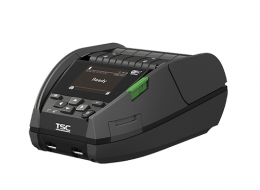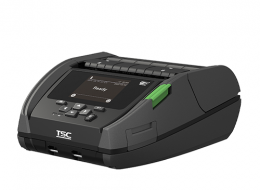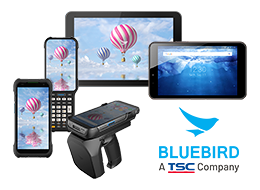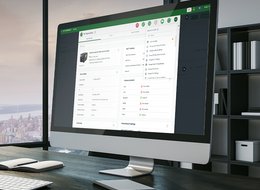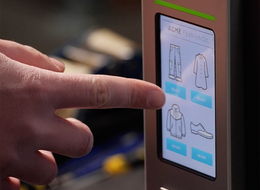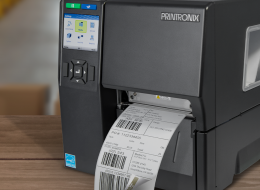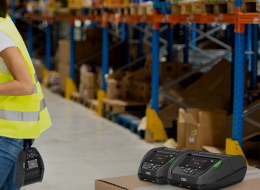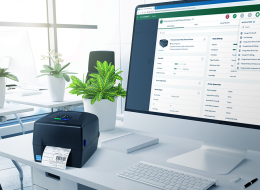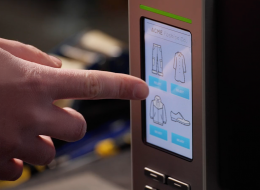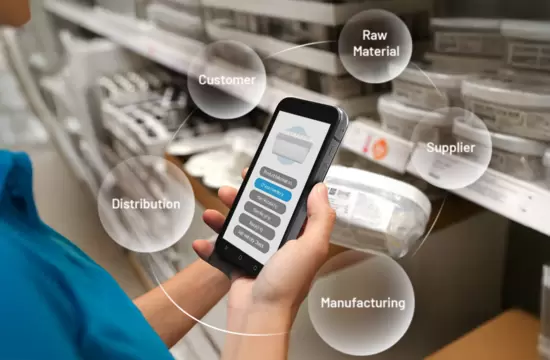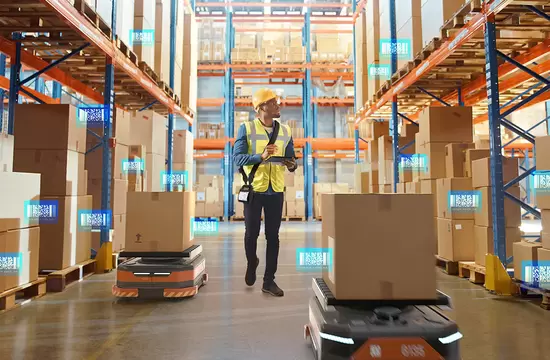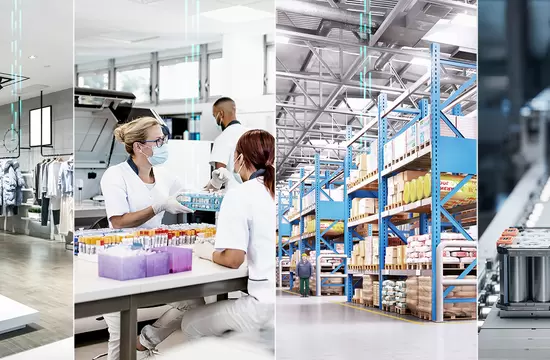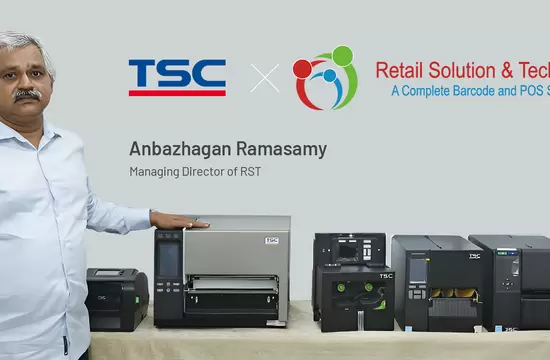Welcome to Our Blog
Get the latest information on new products and solutions, trending industry topics, best practices, tip and tricks, and much more.
Automotive
1429
/en/blog/automotive
Barcode Inspection
418
/en/blog/barcode-inspection
Cannabis
1430
/en/blog/cannabis
Company News
415
/en/taxonomy/term/415
Entertainment & Hospitality
1428
/en/blog/entertainment-hospitality
Events and Tradeshows
1421
/en/blog/events-and-tradeshows
Food & Beverage
1426
/en/blog/food-beverage
Healthcare
1425
/en/blog/healthcare
High Resolution
414
/en/blog/high-resolution
Industry Trends
1419
/en/blog/industry-trends
Manufacturing
1424
/en/blog/manufacturing
Mobile Printing
1420
/en/blog/mobile-printing
Remote Printer Management
1432
/en/blog/remote-printer-management
Retail
1423
/en/blog/retail
Retail
1435
/en/blog/retail-0
RFID
416
/en/blog/rfid
Software Solutions
1433
/en/blog/software-solutions
Standalone
419
/en/blog/standalone
Supplies
417
/en/taxonomy/term/417
Tips & Best Practices
1431
/en/blog/tips-best-practices
Transportation & Logistics
1422
/en/blog/transportation-logistics
Warehouse & Fulfillment
1427
/en/blog/warehouse-fulfillment
In our previous blogs, we explored how seamless shopping and swift fulfilment are reshaping retail. Driving these changes are key digital initiatives—like item-level tracking with RAIN RFID, Digital Product Passport (DPP), Digital Link, and Sunrise/ Ambition 2027 (2D barcodes)—that enable real-time visibility, compliance, and stronger customer trust. As retailers move toward unified commerce, these capabilities are no longer optional but essential to staying competitive.
As a retail DC operations manager, how do you imagine fulfilment evolving? With unified commerce blurring the line between in-store and online shopping, distribution centres (DCs) must keep pace with real-time inventory demands and enable faster fulfilment and seamless customer experiences. Smart DC solutions make this transformation possible.
Did you know that many industries, including retail, healthcare, logistics, and manufacturing, are increasingly adopting RFID technology? The driving force behind this is their desire to streamline operations with automated data collection and real-time visibility.
Imagine finding the perfect pair of shoes online and checking the retailer’s app for availability. It shows they’re in stock at a nearby store, so you head over there, confident that your trip won’t be in vain.
In today’s fast-evolving retail landscape, data is the key to unlocking unified commerce. AI, cloud computing, and automation are transforming retail operations—and they all rely on accurate, real-time data. This is where AIDC technologies play a crucial role, enabling seamless data capture, automation triggers, and intelligent decision-making. By integrating and analysing data across channels, retailers can streamline operations, enhance consumer engagement, and drive long-term loyalty.
Retailers today face rising customer expectations, mounting operational costs, and constant supply chain disruptions. To stay competitive, businesses must embrace technology to streamline operations and improve efficiency. Here are three significant challenges retailers face and how technology—powered by AIDC (Automatic Identification and Data Capture)—is unlocking a more unified commerce experience.
Free trade and protectionist trade policies are fluctuating significantly, causing unprecedented disruption to interconnected and interdependent supply chains in the US.
Consumers have many choices today. To keep your advantage, you need loyal, happy customers. Increasing customer retention by just 5% can increase profits by 25-95%. These existing customers become brand advocates, spend more, and are 50% more likely to try new products1.
If you are in the AIDC industry or work with barcodes regularly, you need to be aware of the rising importance and usage of 2D codes like
The partnership between Retail Solution and Technologies (RST) and TSC Auto ID began over 15 years ago, during the early stages of the Indian market for barcode printers. From the outset, our focus was on creating a sustainable and long-term business relationship, starting with desktop printers and growing from there.

